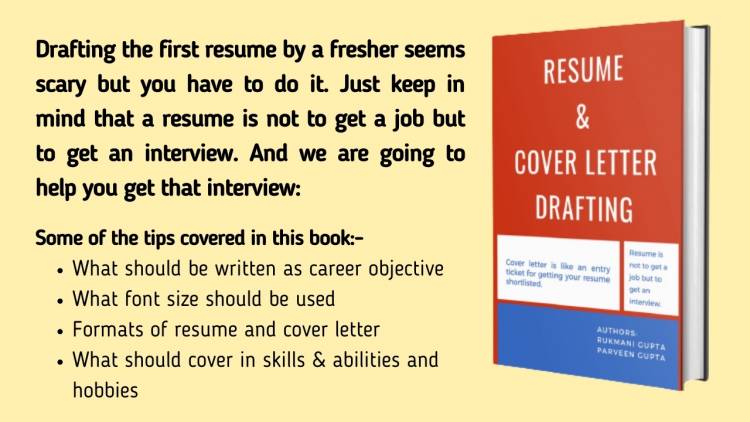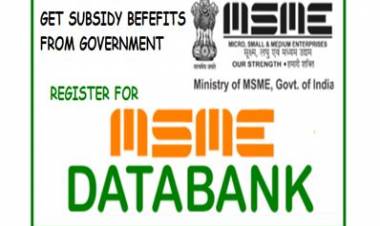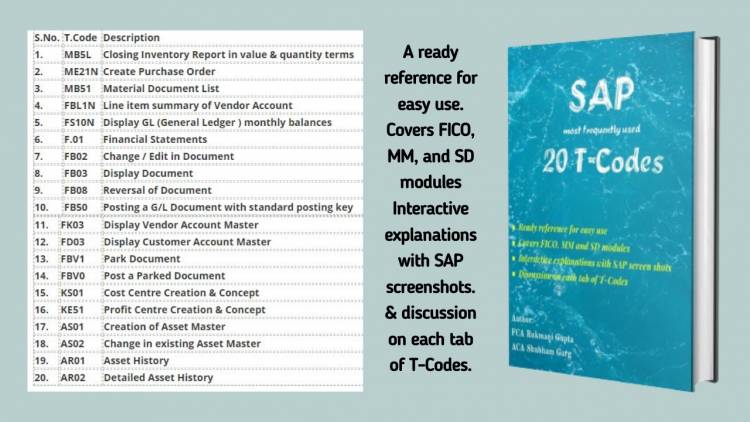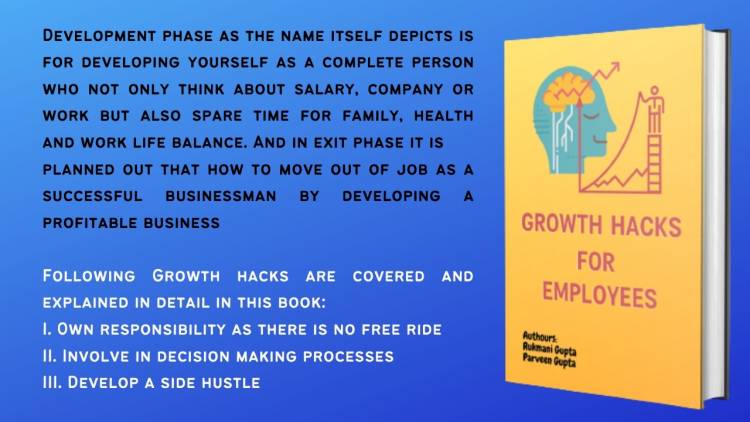Search, Seizure and special procedure for assessment of search cases
Search, Seizure and special procedure for assessment of search cases
Section 131 (1) – powers regarding discovery, production of evidence etc:
The assessing office shall, for the purpose of this Act, have the same powers as are vested in a court under the Code of civil Procedure, 1908, when trying a suit in respect of the following matters, namely:
- discovery and inspection
- enforcing the attendance of any person, including any officer of a banking company and examining him on oath
- compelling the production of books of accounts and other documents; and
- issuing commissions
Section 131 (1A) – powers regarding discovery, production of evidence etc:
If the assessing officer or authorised officer referred to in section 132(1) before he takes action under clause (i) to (v) of that sub section, has reason to suspect that any income has been concealed, or is likely to be concealed, by any person or class of persons, within his jurisdiction, then, for the purposes of making any enquiry or investigation relating thereto, it shall be competent for him to exercise the powers conferred under section 131(1) on the income tax authorities referred to in that sub section, notwithstanding , that no proceedings with respect to such person or class of persons are pending before him or any other income tax authority.
Section 132 – Search and Seizure:
Section 132 (1) Following authorities may authorize any subordinate to him but not below the rank of Income tax officer to conduct search:
- the Principal Director General of Income Tax / Director General of
 Income Tax; or
Income Tax; or - the Principal Director of Income Tax / Director of Income Tax; or
- the Principal Chief Commissioner of Income Tax / Commissioner of Income Tax; or
- the Additional Director of Income Tax / Additional Commissioner of Income Tax; or – subject to approval of Board
- the Joint Director of Income Tax / Joint commissioner of Income Tax; or - – subject to approval of Board
The above mentioned authorization is done by issuing search warrant in Form 45 and the officer so authorized is referred as Authorised Officer.
Section 132 1 (a) (b) and (c): Basis for search and seizure:
If any of above mentioned authorities, in consequence of information in his possession, has reason to believe that:
- any person to whom: (i) summons under section 131(1) or (ii) notice under section 142(1) was issued to produce or cause to be produced any books of account, or other documents has willfully omitted or failed to produce or caused to produce such books of account or other documents as required by such summons or notice;
- any person to whom summons or notice, as aforesaid, has been or might be issued, will not or would not produce any books of account or other documents which will be useful or relevant to any proceeding undertaken under the Income tax Act;
- any person in possession of any money, bullion or jewellery or other valuable article or things and these assets represent either wholly or partly the income or property which has not been or would not be disclosed by the person concerned for the purpose of this Act.
First proviso to section 132(1): The Principal Chief Commissioner / Chief Commissioner or Principal Commissioner / Commissioner of Income tax has power to authorize a search of any building, place, vessel, vehicle or aircraft is in the area of jurisdiction of authorized officer but also in cases where he has no jurisdiction on the person concerned, if he has reason to believe that any delay in obtaining authorization from concerned authority of that jurisdiction would be prejudicial to the interest of revenue. Such authorization shall be issued in form 45A.
Explanation under fourth proviso to section 132(1): reason to believe, as recorded by income tax authority under this section 132(1), shall not be disclosed to any person or any authority or the Appellate Tribunal.
Section 292CC – Validity of search warrant
- authorization u/s 132 / requisition u/s 132A can be in the name of more than one person;
- even if there is joint search warrant then also assessment / reassessment is to be made separately for each person
Section 132 (1A):
Where a search for any books of accounts or any other documents or assets has been authorised by any competent authorized officer, and some other Chief Commissioner / commissioner in consequence of information in his possession has reason to suspect that such books of accounts or other documents or assets etc. of the assesse are kept in any building, place, vessel, vehicle or aircraft not specified in the search warrant issued by such authority, he may authorize the authorized officer to search such other building, place, vessel, vehicle or aircraft.
Such authorization shall be issued in form 45B.
Powers of Authorised officer during Search and Seizure:
- to enter and search any building. Place, vessel, vehicle or aircraft
- to break open the lock of any door, box, locker, safe, almirah or other receptacle
- to search any person who a) has got out of, or b) is about to get into, or c) is in the building, place, vessel, vehicle or aircraft
- seize any such books of accounts, other documents, money, bullion, jewellery or other valuable items, excepts the items of which are kept as stock in trade of business but this restriction is not applicable on cash if the same is also held as stock in trade like business of money lending
- place mark of identification on any books of accounts or other documents
- make a note or an inventory of any such money, bullion, jewellery or other valuable item or things
Retention of books of account and other documents - Section 132(8):
Shall not be retained for a period exceeding 30 days from the date of the order of assessment under section 153A unless the reason for the same are recorded by him in writing and approval of the Chief Commissioner, commissioner, director General or Director for such retention is obtained.
Copies of extract of books of accounts and documents - section 132(9)
The person from whose custody any books of accounts are seized may make copies thereof, or take extract there from, in presence of the authorized officer or any person empowered by him.
Handing over of seized books and assets to assessing officer – Section 132(9A), (9B), (9C), (9D)
The authorised officer, if he is not the assessing officer, is required to hand over the books of accounts or other documents or money etc., seized by him to the assessing officer having jurisdiction over the person searched within a period of 60 days from the date on which the last of the authorization was executed.
Section 132(9B) talks about provisional attachment of property of assessee and Section 132(9C) states that provisional attachment shall cease to have effect after 6 month from the date of order u/s 132(9B).
Section 132(9D) allows to make a reference to Valuation officer with in a period of 60 days from the date on which last of the authorization for search was executed who has to submit his report within 60 days from the date of receipt of such reference.
Section 132 A – power to requisition books of account etc taken into custody under any other law:
Where any books of accounts or other documents and assets have been taken into custody by the officer or authority under any other law e.g. custom / excise etc., the Principal Director General / Director General or Principal Director / Director or Principal Chief Commissioner / Chief Commissioner or Principal Commissioner / Commissioner of Income Tax has reason to believe, in such circumstances as are covered by section 132 for search and seizure, may authorize in form 45C any Additional Director, Additional Commissioner, Joint Commissioner, Joint Commissioner, Deputy Director, Deputy Commissioner, Assistant Commissioner, Assistant Director or the Assessing Officer to require such officer or authority to deliver to him such books of accounts or documents or assets.
Section 132 B – Application of seized or requisitioned assets:
- may be applied towards existing and future liability
- seized assets after meeting existing liabilities may be released within a period of 120 days from the date on which last of the authorisations for u/s 132 or u/s 132A was executed, but with prior approval of Chief Commissioner or Commissioner.
- Money seized may be applied for discharging the liabilities.
- Assets other than money may also be applied to discharge liabilities.
Section 132B(4) - interest on seized money:
Interest @ .50% for every month or part of month shall be allowed on the aggregated amount of –
- The money seized under section 132 or requisition under section 132A reduced by any amount of money released if any; and
- The proceeds of assets sold towards the discharge of existing liability
Which exceeds the aggregate amount required to meet the liabilities - both existing and determined u/s 153A (with interest and penalty)
The above interest shall be payable from the expiry of the period of 120 days from the execution of the last of the authorization for search till the date of completion of assessment under section 153A.
Procedure for assessment in search cases – Section 153A, 153B and 153C
Section 153A(1)(a) – Issue of Notice
where any action has been initiated u/s 132 or u/s 132A, the assessing officer shall issue notice to such person requiring him to furnish, within such period as may be specified in the notice, return of income in respect of six assessment years and of the relevant assessment year or years immediately preceding the assessment year relevant to previous year in which the action was initiated u/s 132 or u/s 132A.
In case of such return all the provisions of this Act shall apply as if such return were a return required to file u/s 139.
Section 153A(1)(b) – Assessment in case of search and requisition
Notwithstanding anything contained in section 139, 147, 148, 149, 150 and 153, in case of a person where a search u/s 132 or requisition u/s 132A initiated after 31/05/2003, the assessing officer shall assess the total income of 6 assessment years and of the relevant assessment year or years immediately preceding the assessment year relevant to the previous year in which such search is conducted or requisition is made.
Note: after filing of such return, assessing officer is required to issue notice u/s 143(2) for framing assessment u/s 143(3) or 144 read with section 153A, within a period of 6 months from the end of financial year in which such return is filed in response to notice u/s 153A.
First proviso u/s 153A
The assessing officer shall assess or reassess the total income in respect of each assessment year falling in such assessment years and for the relevant assessment year or years.
Second proviso u/s 153A
All pending assessment / reassessment on the date of initiation of action u/s 132 or 132A, falling with in the period of assessment years under these sections, shall abate.
Third proviso u/s 153A
Notice u/s 153A(1)(a) may not be required in cases notified by Central Govt.
Fourth proviso u/s 153A
Notice u/s 153A(1)(a) can be issued for an relevant assessment year or years i.e. beyond 6 assessment years up to 10th assessment year)
- The Assessing officer has in his possession books of accounts/documents/evidence which reveal that the income which has escaped assessment, represented in the form of asset, amounts to or is likely to amount to Rs. 50 lakh or more in one year or in aggregate in the relevant four assessment years (falling beyond the 6th year).
- The income referred in clause i) above or part thereof has escaped assessment for such year or years; and
- The search u/s 132 or requisition u/s 132A is initiated on or after 01/04/2017.
Section 153B(1)(a) – time limit for completion of assessment u/s 153A for 6 assessment years and of the relevant assessment year or years immediately preceding the assessment year relevant to the previous year in which such search is conducted or requisition is made.
For search and seizure case prior to financial year 2018-19
- Within a period of 21 months from the end of the financial years in which last of authorization for action u/s 132 / 132A was executed.
- Where a reference under section 92CA(1) is made - Within a period of 33 months from the end of the financial years in which last of authorization for action u/s 132 / 132A was executed.
For search and seizure conducted in financial year 2018-19 – above limits shall be further reduced by 3 months i.e 18 months and 30 months
For search and seizure conducted in financial year 2019-20 – above limits shall be further reduced by 6 months i.e 12 months and 24 months
Section 153B(1)(b) and second proviso – time limit for completion of assessment u/s 153A for assessment year relevant to previous year in which search is conducted or requisition is made, shall be same as mentioned above for 6 assessments years, But the return of income shall be filed as per the normal provisions.
Section 153C – assessment of income of any other person
Notwithstanding anything contained in section 139, 147, 148, 149, 151, and 153, where the assessing officer is satisfied that any money, bullion, jewellery or other valuable article or thing or books of account or documents seized or requisitioned belong or belongs to (amended to insert words pertains or pertain to and relates to) any person referred in section 153A, then these shall be handed over to assessing officer having jurisdiction over such person and that assessing officer shall proceed to issue notice / assess / reassess income of such other person as per provisions of section 153A if he is satisfied that these books / documents/ assets etc. have a bearing on the determination of total income of such other person for the assessment years or years referred in section 153A(1).
Assessing officer shall issue the notice and assess / reassess total income of such other person for assessment year relevant to the previous year of search / requisition in the manner provided in section 153A(1).
Time limit for completion of assessment of such other person: first and second proviso to section 153B(1):
- 21 months (33 months, in case of reference under section 92CA(1)) from the end of financial year in which the last of authorization for action u/s 132 / 132A was executed; or
- 9 months (21 months, in case of reference under section 92CA(1)) from the end of financial year in which books of account / document/asset are handed over under section 153C to the assessing officer having jurisdiction over such other person
For search and seizure conducted in financial year 2018-19 – above limits shall be further reduced by 3 months i.e 18 months and 30 months
For search and seizure conducted in financial year 2019-20 – above limits shall be further reduced by 6 months i.e 12 months and 24 months
Appeal against assessment order passed under section 153A (Section 246A):
An appeal against the order of assessment or reassessment shall lie with the Commissioner of Income tax (Appeals) And this appeal can challenge the assessment proceeding not the validity of search proceedings.
Penalty: penalty shall be liable under the following two sections:
- Penalty u/s 270A for any assessment year commencing on or after 01/04/2017 – 50% of the amount of tax payable on under reported income or 200% of the amount of tax payable if the under reported income is in consequence of any mis-reporting of income.
- Penalty u/s 271AAB where search has been initiated on or after 15.12.2016 – in addition to the tax, if any, payable –
- a sum computed at the rate of 30% of the undisclosed income of the specified previous year, if the assesse –
- admits the undisclosed income in the course of search and specifies the manner in which such income has been derived, in a statement u/s 132(4)
- substantiate the manner in which the undisclosed income was derived; and
- on or before the specified date –
- pays the tax, together with interest
- furnish the return of income
- in cases other than a) above - a sum computed at the rate of 60% of the undisclosed income of specified previous year
Note: in the case of default related to requisition of books of accounts u/s 132A, penalty u/s 271(1)(C) shall be imposed – 100% to 300% of the amount of tax sought to be evaded.
Revival of assessment or reassessment proceeding on annulment – section 153A(2):
Where any proceeding initiated or any order of assessment / reassessment u/s 153A(1) has been annulled in appeal or any other legal proceeding, then, notwithstanding anything contained in section 153(1), the assessment / reassessment relating to any assessment year which has abated, shall stand revived with effect from the date of receipt of the order of such annulment by commissioner.
And as per section 153(4) time limit for making assessment / reassessment of such revived assessment / reassessment year shall be –
- one year from the end of the month in which revival order is received by CIT : or
- the time prescribed u/s 153 or 153B
whichever is later.
However such revival shall cease to have effect, if such order of annulment is set aside.
 Download APP
Download APP
 P K Gupta
P K Gupta 





































